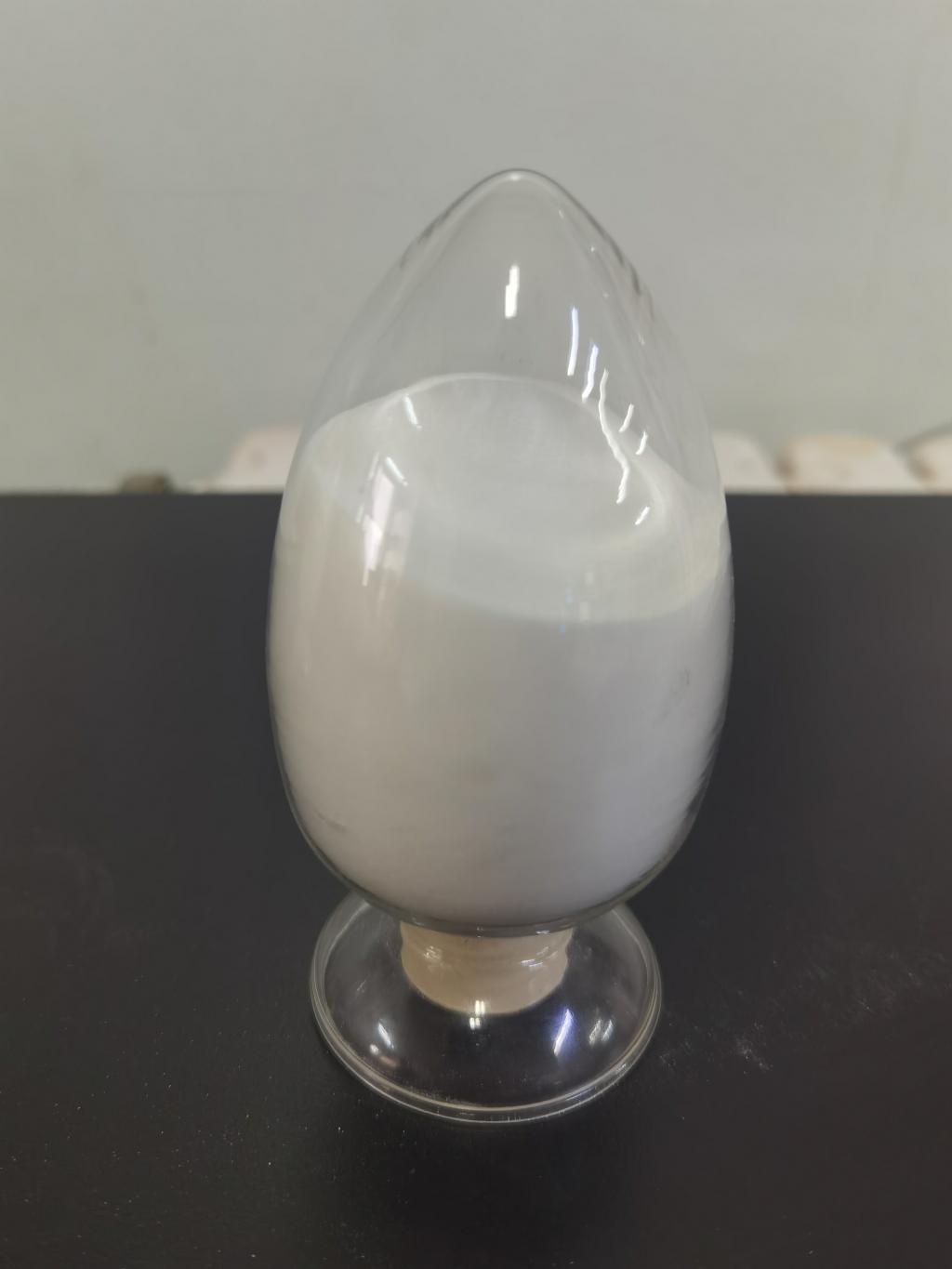Tel:+8618231198596

News
 CONTACT
CONTACT
 CONTACT
CONTACT
- Linkman:Linda Yao
- Tel: +8618231198596
- Email:linda.yao@dcpharma.cn
- Linkman:CHARLES.WANG
- Department:Overseas
- Tel: 0086 0311-85537378 0086 0311-85539701
News
Current Position:
Home >
News
>Investigating the role of ε-Polylysine hydrochloride in organic farming practices
Investigating the role of ε-Polylysine hydrochloride in organic farming practices
TIME:2024-09-02
Understanding ε-Polylysine Hydrochloride
ε-Polylysine hydrochloride is a polypeptide produced through the fermentation of certain bacteria, primarily Streptomyces albulus. It possesses potent antimicrobial properties, making it effective against a wide range of microorganisms, including bacteria, yeasts, and molds. Due to its natural origin and safety profile, ε-PL is recognized as a viable preservative for organic products.
The Principles of Organic Farming
Organic farming emphasizes the use of natural processes and materials to cultivate crops and raise livestock. Key principles include:
Sustainability: Promoting ecological balance and resource conservation.
Health: Enhancing the health of soils, plants, animals, and humans.
Fairness: Respecting all life forms and ensuring fair trade practices.
Care: Practicing stewardship of the environment and animal welfare.
The Role of ε-PL in Organic Farming
Post-Harvest Preservation
One of the major challenges in organic farming is the preservation of harvested crops without relying on synthetic preservatives. ε-PL can be used as a natural preservative to extend the shelf life of organic products, reducing waste and ensuring that the food remains safe for consumption. This is particularly important for fruits, vegetables, and other perishables that are prone to spoilage.
Plant Disease Management
In organic farming, managing plant diseases without synthetic fungicides is a critical task. ε-PL can be applied as a foliar spray to control fungal and bacterial diseases in crops. Its antimicrobial properties can help prevent the spread of pathogens, thereby reducing crop losses and maintaining yield.
Soil Health and Fertility
Maintaining soil health is fundamental to organic farming. ε-PL can indirectly contribute to soil health by reducing the need for synthetic pesticides and fungicides. By minimizing the use of these chemicals, the beneficial microbial communities in the soil are protected, promoting a healthy ecosystem that supports plant growth.
Applications in Organic Farming
Crop Protection
ε-PL can be used as a natural fungicide and bactericide to protect crops from various diseases. For example, it can be sprayed on fruits and vegetables to prevent post-harvest rot and mold growth, ensuring that the produce remains fresh and marketable.
Livestock Feed Preservation
In organic livestock farming, feed preservation is essential to prevent spoilage and ensure the health of animals. ε-PL can be added to animal feed to inhibit the growth of microorganisms, preserving the quality and nutritional value of the feed.
Post-Harvest Treatment
After harvest, ε-PL can be used in the post-harvest treatment of crops to extend their shelf life. This is particularly useful for organic products that are often sold locally or transported over long distances. By maintaining the quality of the produce, farmers can ensure that their organic products reach consumers in optimal condition.
Benefits for Farmers and Consumers
Economic Viability
For farmers, the use of ε-PL can enhance the economic viability of organic farming by reducing crop losses and preserving the quality of harvested products. This leads to increased yields and higher revenues, making organic farming a more sustainable business model.
Consumer Trust
Consumers who choose organic products often do so because they value natural and minimally processed foods. The use of ε-PL aligns with these values, as it is a natural preservative that does not compromise the organic status of the products. This builds trust and loyalty among consumers who seek healthier and safer food options.
Conclusion
The role of ε-Polylysine hydrochloride in organic farming practices is multifaceted and promising. By integrating this natural preservative into organic systems, farmers can enhance the safety and preservation of their products while adhering to the core principles of organic agriculture. As research continues to explore the full potential of ε-PL, its adoption in organic farming is likely to grow, contributing to a more sustainable and resilient food production system.
- Tel:+8618231198596
- Whatsapp:18231198596
- Chat With Skype







